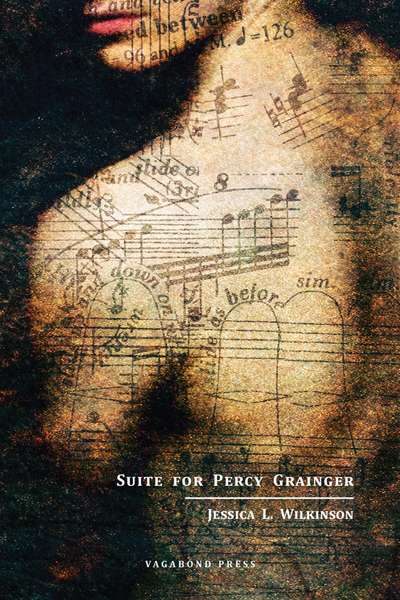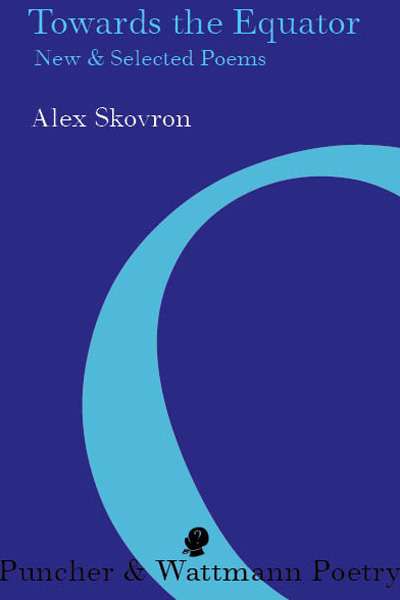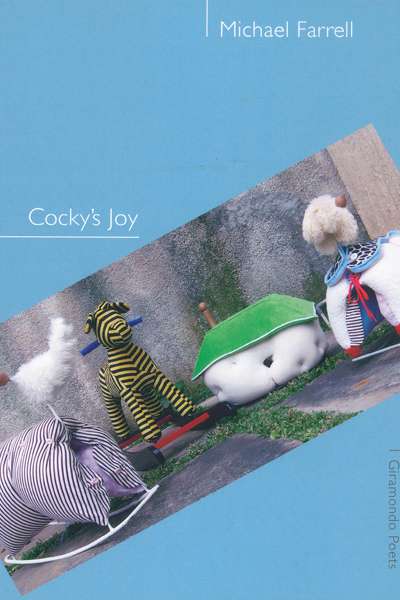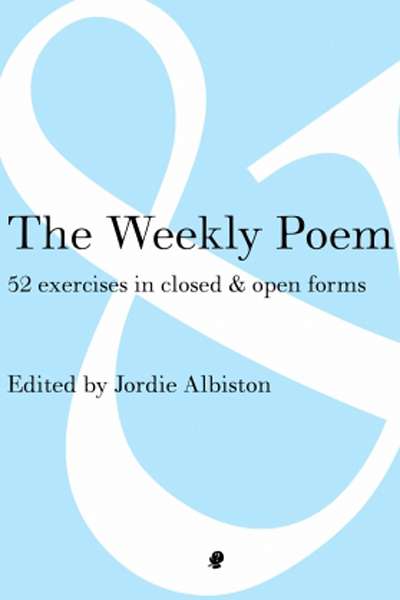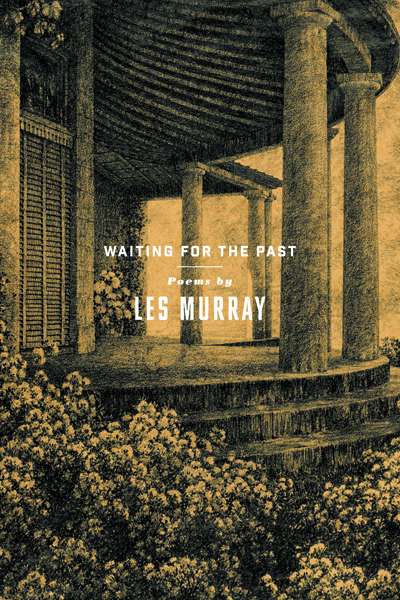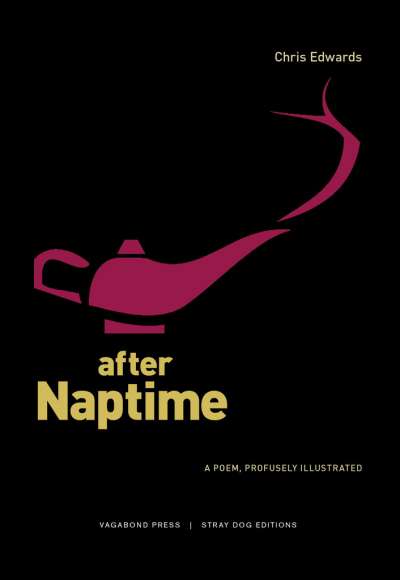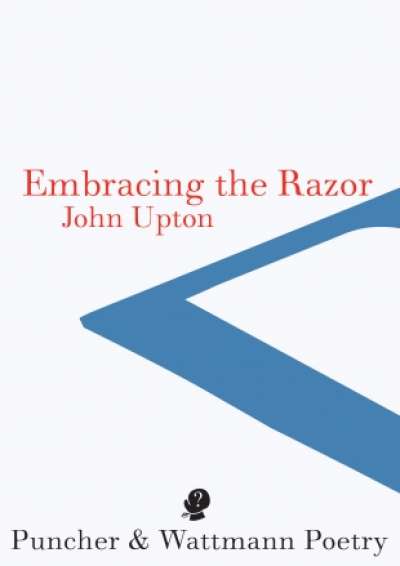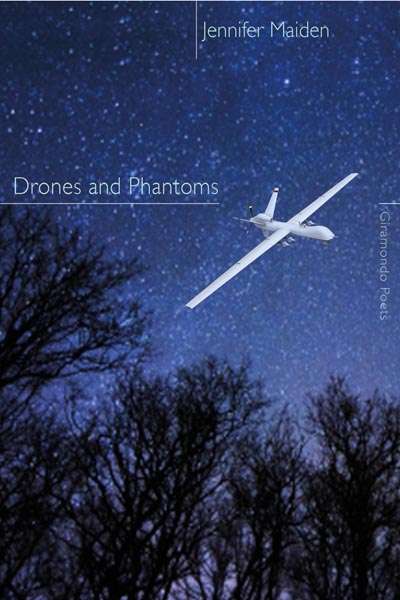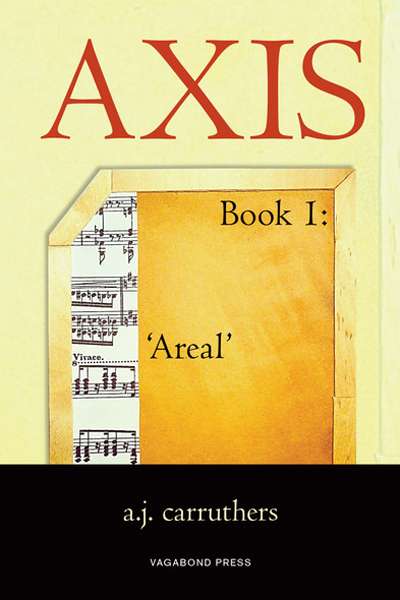Poetry
People who go in for the arts are often advised Don’t give up your day job. But what’s a suitable day job for a poet? A century ago many Australian poets made a meagre living as freelance writers for newspapers and magazines. Some even took up journalism full-time, writing their verses on the side. The old Bulletin, one of the wellsprings of Austra ...
Towards the equator: new and selected poems by Alex Skovron
by Paul Hetherington •
The Weekly Poem: 52 Exercises in closed and open forms edited by Jordie Albiston
by Jacinta Le Plastrier •

